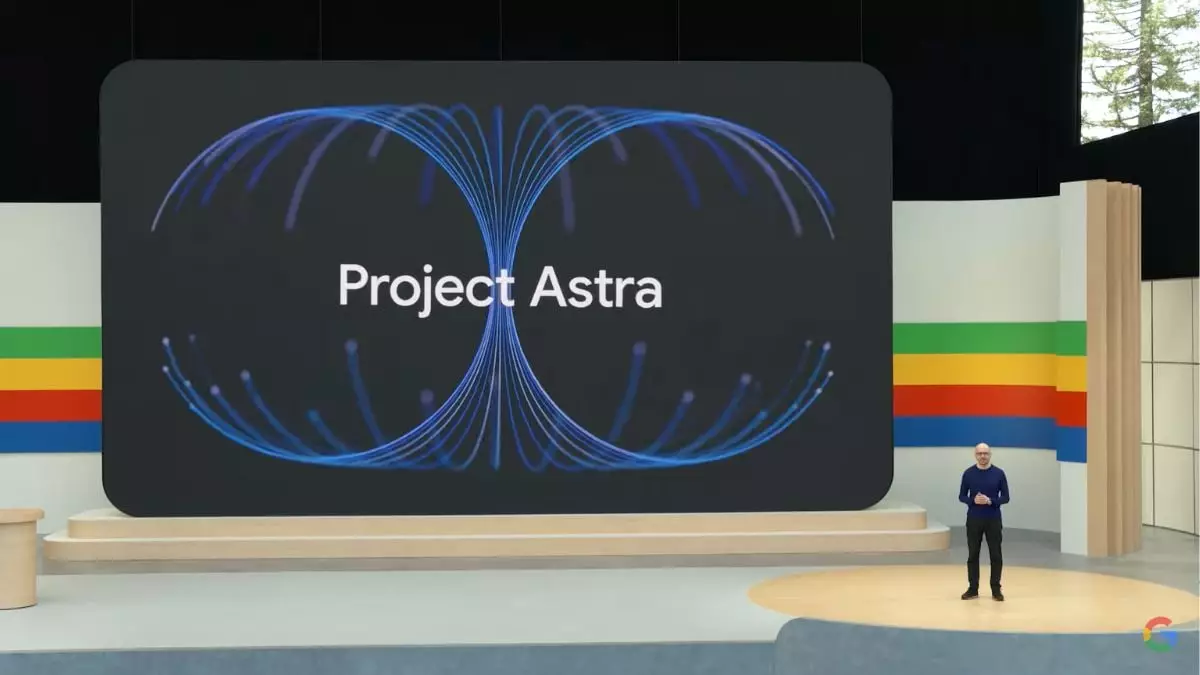Google I/O 2024 brought forth a new era in artificial intelligence with the introduction of Project Astra by Google DeepMind. This groundbreaking AI assistant showcased real-time, computer vision-based interaction that pushed the boundaries of existing chatbot capabilities. Unlike traditional AI models, Project Astra is designed to understand and respond to complex and dynamic real-world environments, while also possessing the ability to remember visual information to develop context and take action.
During the keynote session, Demis Hassabis, the co-founder and CEO of Google DeepMind, revealed the company’s ambition to create a universal AI agent that can significantly enhance everyday life. Hassabis outlined the key requirements for such AI agents, emphasizing the need for teachability, personalization, and the ability to engage in seamless conversations without delays. Project Astra, in essence, symbolizes the culmination of Google’s efforts to develop cutting-edge AI technology that can revolutionize the way we interact with machines.
A demo video presented during the event showcased the capabilities of Project Astra in action. In the video, a user is seen interacting with the AI assistant through a smartphone camera, asking various vision-based queries. The AI’s instantaneous responses and ability to provide contextually relevant information were particularly impressive. For instance, when asked to describe a set of crayons with alliteration, the AI promptly generated a creative and coherent response. Moreover, the AI’s ability to identify elements in the user’s surroundings, such as buildings and roads outside a window, highlighted its advanced computer vision processing capabilities.
Despite the remarkable demonstration, Project Astra is still a work in progress and not yet available for public or private preview. Google continues to refine the model and explore potential use cases for this groundbreaking AI feature. The company faces the challenge of determining how to make Project Astra accessible to users while ensuring its reliability and scalability. Additionally, Google must navigate the evolving landscape of AI technology and competition, as demonstrated by OpenAI’s recent unveiling of GPT-4o with similar capabilities and emotive voices.
The unveiling of Project Astra at Google I/O 2024 marks a significant milestone in the development of AI assistants. Google DeepMind’s relentless pursuit of innovation has resulted in a cutting-edge AI model that promises to redefine human-machine interactions. While challenges lie ahead in bringing Project Astra to fruition, the potential impact of this technology on everyday life is undeniable. As the boundaries of AI continue to expand, the future holds immense possibilities for intelligent and intuitive virtual assistants like Project Astra.



Leave a Reply